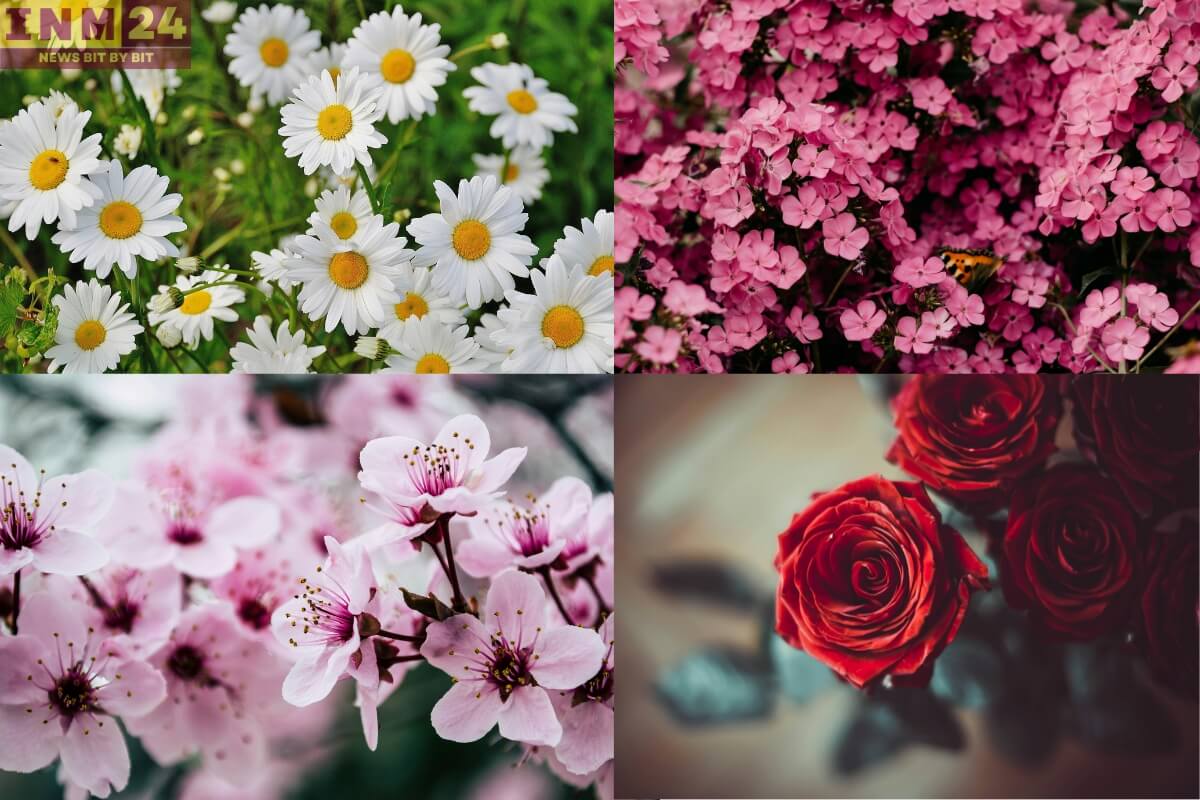In Hindu tradition, the act of worship, or puja, holds profound significance as devotees express their reverence and devotion to various deities. Central to this practice is the offering of flowers, each carrying its own symbolic meaning and significance. Understanding which flowers to offer during worship and which ones to avoid is integral to adhering to traditional customs and beliefs.
Offering Flowers: A Symbolic Gesture
The act of offering flowers during worship is deeply symbolic, representing the offering of one’s devotion, purity, and love to the divine. Flowers are considered sacred and are believed to possess divine energy, making them an essential component of Hindu rituals and ceremonies.
Preferred Flowers for Worship
Certain flowers hold special significance in Hindu worship and are considered favorites of specific deities:
Lotus
Revered as a symbol of purity, divinity, and enlightenment, the lotus holds a special place in Hinduism. It is often associated with deities such as Lakshmi, Saraswati, and Brahma. The lotus flower is offered to invoke blessings for prosperity, knowledge, and spiritual growth.
Marigold (Genda)
With its vibrant hues of yellow and orange, the marigold is widely used in Hindu rituals and festivals. It is associated with the worship of various deities, including Lord Vishnu, Goddess Kali, and Lord Ganesha. Marigold garlands are offered as a symbol of auspiciousness, purity, and devotion.
Jasmine (Mogra)
Known for its delicate fragrance, the jasmine flower is highly revered in Hindu worship. It is associated with the worship of Goddess Lakshmi, the goddess of wealth and prosperity. Jasmine flowers are offered to seek blessings for abundance, happiness, and spiritual well-being.
Rose
Symbolizing love, devotion, and beauty, the rose holds significance in Hindu worship. It is often offered to various deities, including Lord Krishna, Lord Shiva, and Goddess Durga. Rose petals are used to adorn idols and sacred spaces during rituals, signifying devotion and adoration.
Flowers to Avoid in Worship
While certain flowers are considered auspicious and favored by deities, there are also flowers that are best avoided during worship:
Ketaki (Screw Pine)
The ketaki flower is considered inauspicious in Hindu worship and is not offered to deities. According to legend, it is believed to have offended Lord Shiva and is therefore considered unfit for worship.
Thorny Flowers
Flowers with thorns, such as cactus flowers, are generally avoided in Hindu rituals due to their association with pain and discomfort.
In Hindu belief, offering flowers during worship is a sacred ritual that symbolizes devotion, purity, and reverence towards the divine. By understanding the significance of different flowers and their associations with specific deities, devotees can deepen their spiritual connection and seek blessings for various aspects of life. However, it is equally important to respect traditional customs and avoid offering flowers that are considered inauspicious or unfit for worship. Through the thoughtful selection of flowers and adherence to traditional practices, devotees can enrich their spiritual journey and experience the divine presence in their lives.
